
50% Of Liberals Think Putin Killed Prigozhin: The Thoughts Of Russians On Prigozhin's Death
Introduction
{{margin-small}}
Just 9 hours after the announcement of the reported death of the Wagner Group leader Yevgeny Prigozhin, the Open Minds Institute conducted a nationwide opinion poll among the Russian population. Here's what we found.
{{margin-big}}
Methodology
{{margin-small}}
Respondents were recruited online. The data was collected on August 24th.
The sample was stratified by sex and age (equal age and sex groups 18-30, 31-44, 45-60 years). The original sample consisted of 1087 respondents, but then we excluded those who didn’t hear about Prigozhin’s death (18%). The final sample comprised 862 respondents, 412 women and 450 men. The mean age of the respondents is 37.8, and the standard deviation is 10.56. The sample included residents of all federal districts of Russia.
We have also used our previous clustering of Russian audiences to distinguish respondents by their political stance:
Cluster 1. Hawks. Feel 100% Russian and iare proud of it. They believe that the country is moving in the right direction and fully support the government's decisions. Hawks feel psychologically well. They have no doubts inside, the personal goals and the goals of the country are in sync.
Cluster 2. Loyalists. Identify with Russia, but not at 100%. They tend to support the government's actions and the country's course of development, but are not fully convinced that this is the best way. Although Loyalists trusts the Russian media, they also prefer to read alternative publications.
Cluster 3. Moderate Liberals. Less willing to identify with Russia. They believe that things are not going well in Russia and the country is rather moving in the wrong direction. However, they tend not to show his position publicly, Moderate Liberals does not believe that their actions can change anything, so are mostly passive in socio-political processes such as elections, rallies, etc.
Cluster 4. Poor Liberals. Do not want to associate themselves with modern Russia and the ruling regime, which they do not trust at all. Poor Liberals believes that the government is leading Russia down a path that is destructive to it. They seek information from sources that have nothing to do with the Russian government. Whenever possible, they expresses their position and are ready to defend it.
{{margin-small}}
Key Findings
{{margin-small}}
More Russians think that the plane crash was an inside job (17%) rather than a special operation of Ukrainian intelligence (7%).

50% of liberals think Putin killed Prigozhin, while only 2% of regime supporters think so.

29% think Prigozhin was a war hero who got unjustly killed (and an additional 40% wouldn’t deny that statement).
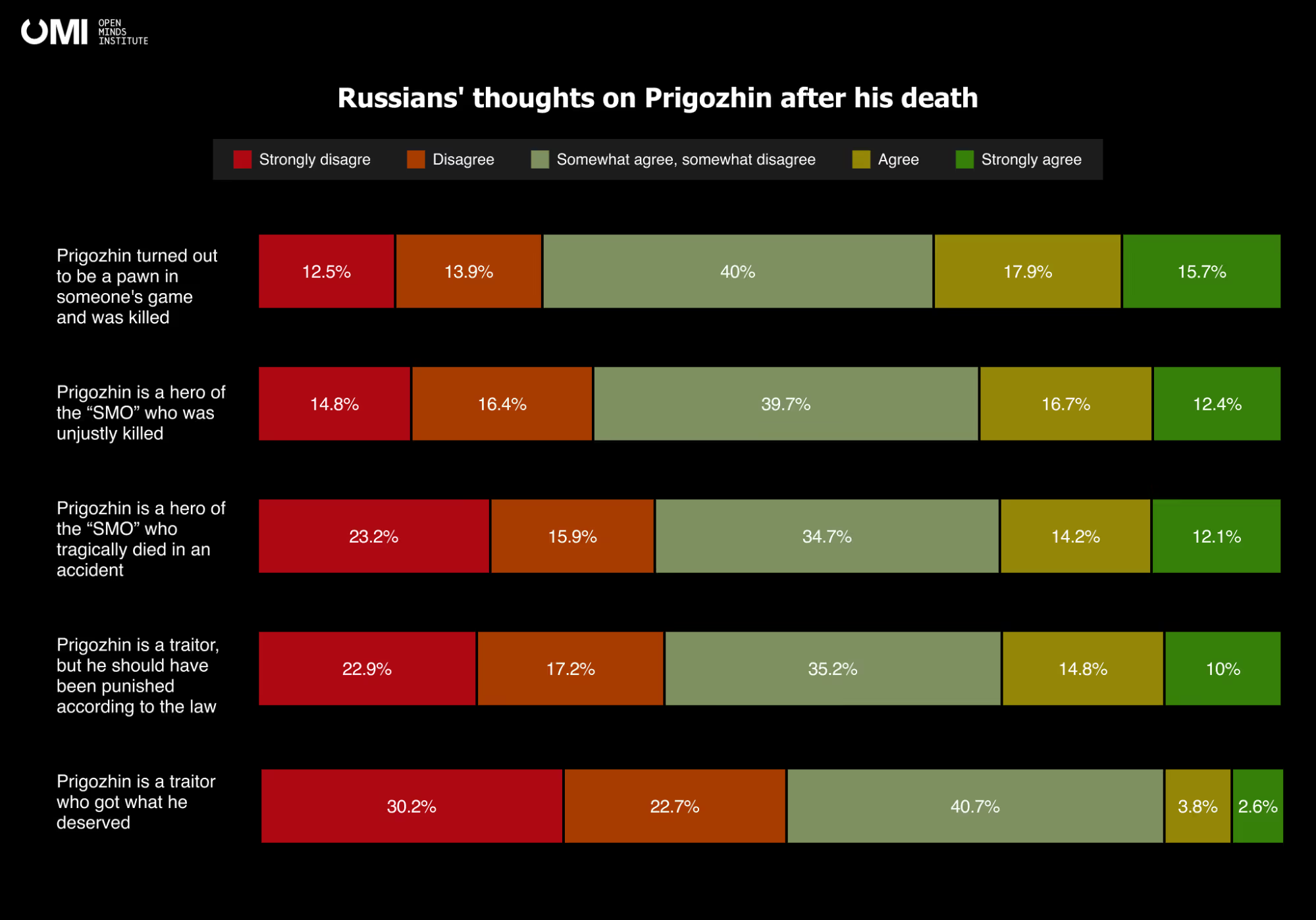
68.5% see this situation as a conflict escalation within the Russian elites, and even 40% of regime supporters partially agree with such a statement. This suggests many Russians think the government played a role in the incident.

30% think there will be more such deaths in the future, and an additional 34% partially agree.
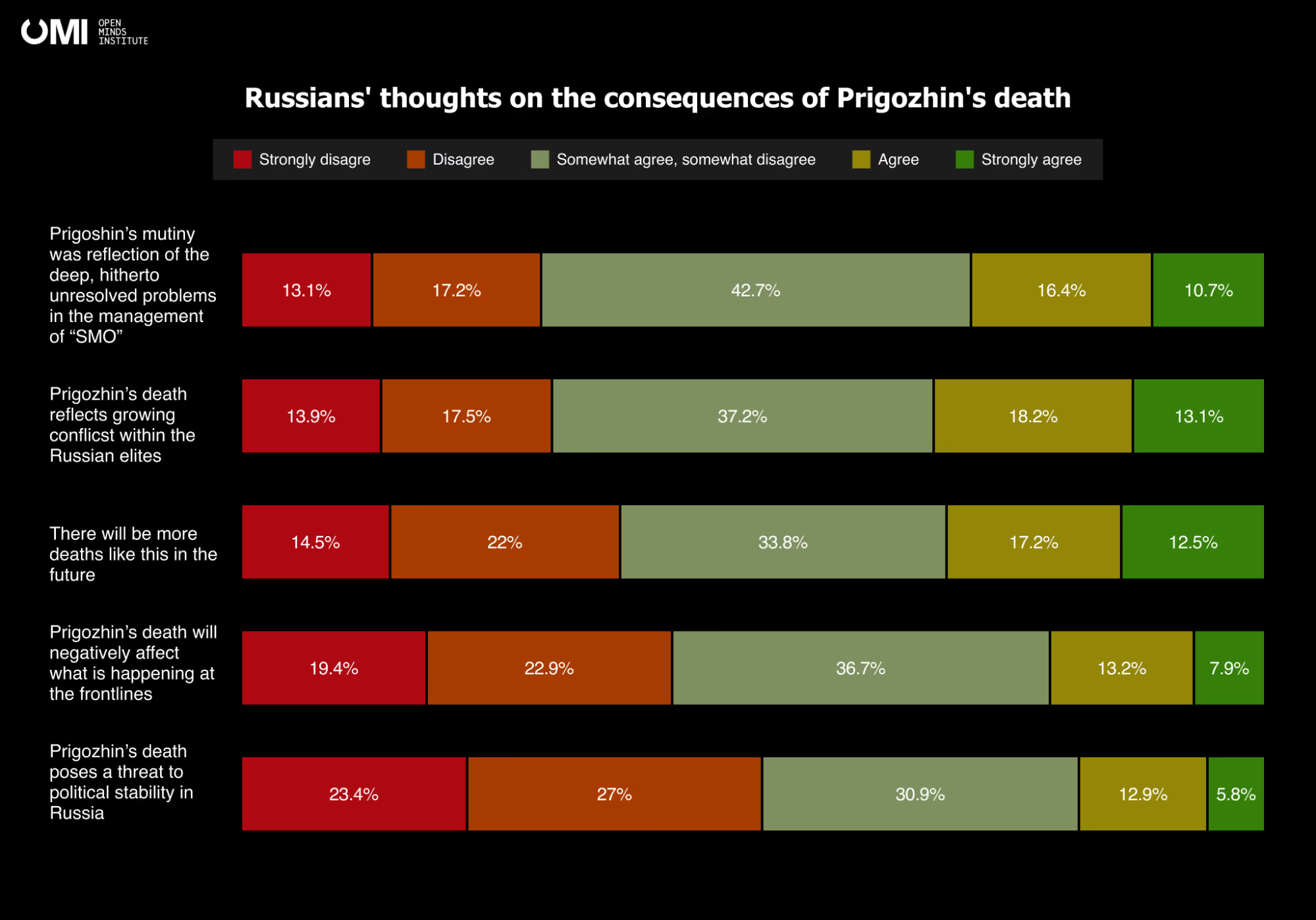
While only 14% of Russians believe Wagner PMC will organize a new mutiny after Prigozhin’s death, a quarter of respondents (!) believe most Russians will definitely or rather support it.

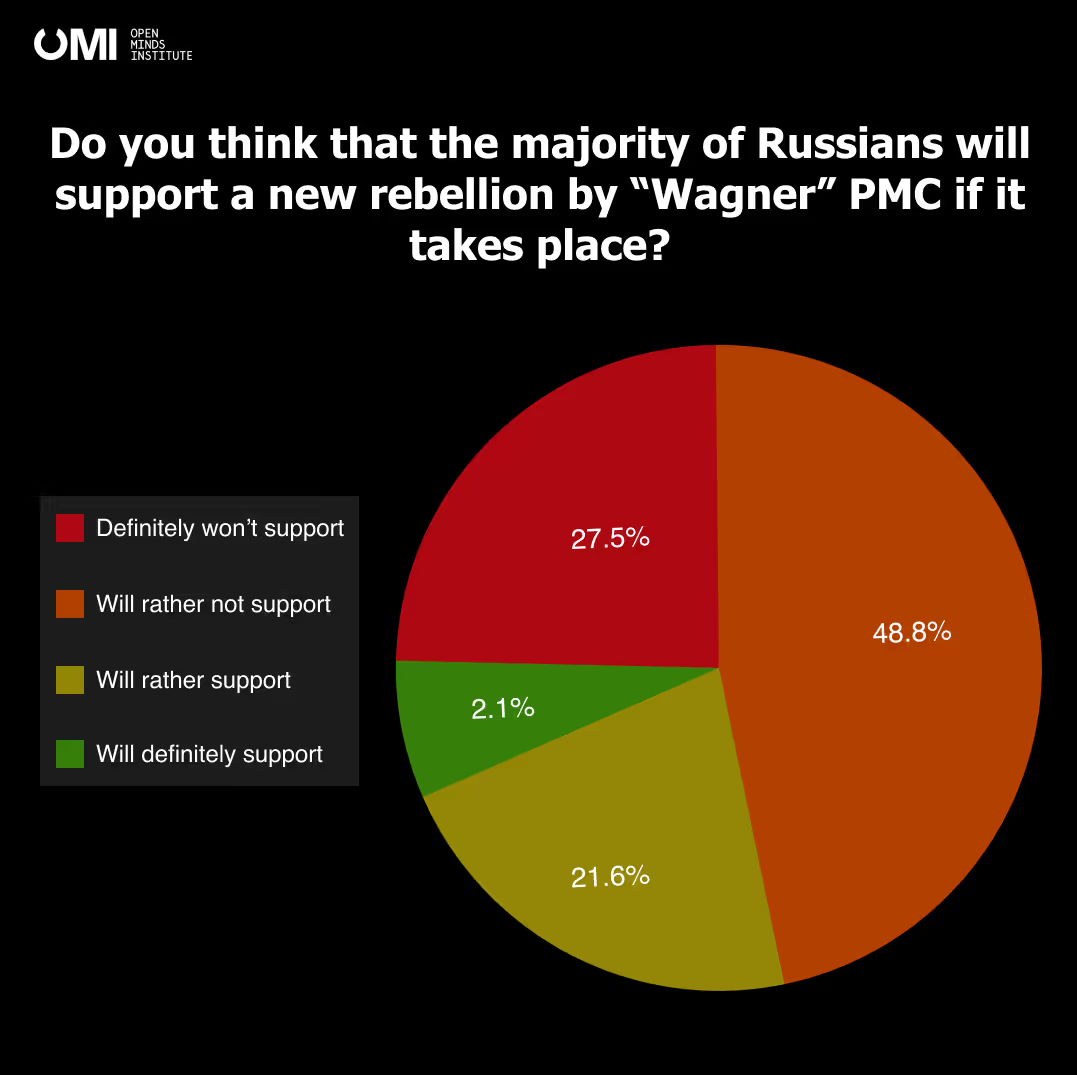
The prevailing emotions surrounding the deadly plane crash are interest (28%) and negative feelings like sadness and anxiety.
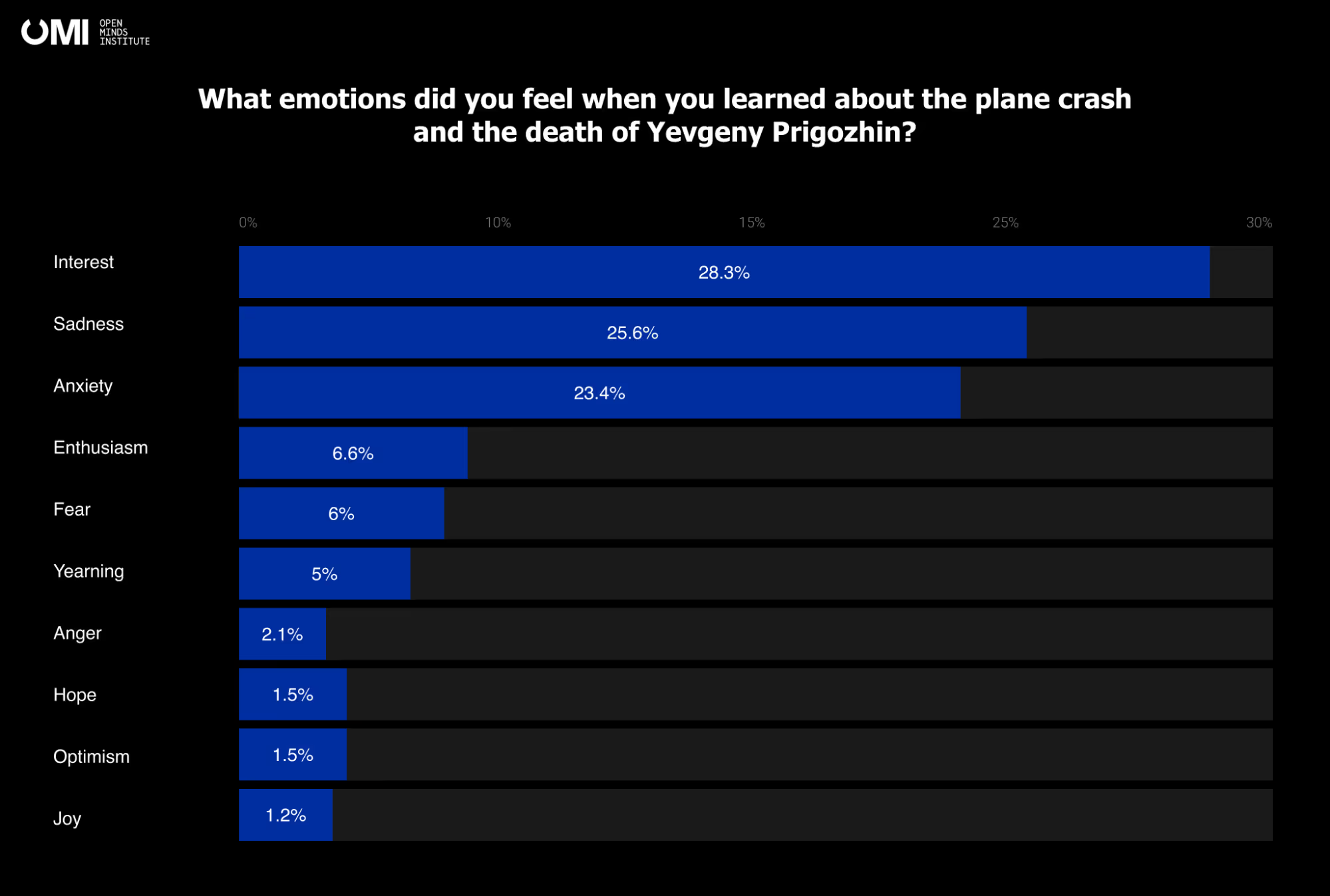
{{margin-small}}
Conclusion
{{margin-small}}
The personality of Yevgeny Prigozhin remains a “dark horse” for most Russians. There is no dominant opinion on who he was - a hero of the war or a traitor? The same goes for the plane crash assessment: respondents consider anything from murder or accident to staging possible. However, most Russians agree or partially agree that his death is an indicator of the growing elite conflict, suggesting they do consider the government connected to Prigozhin's death.

.svg)





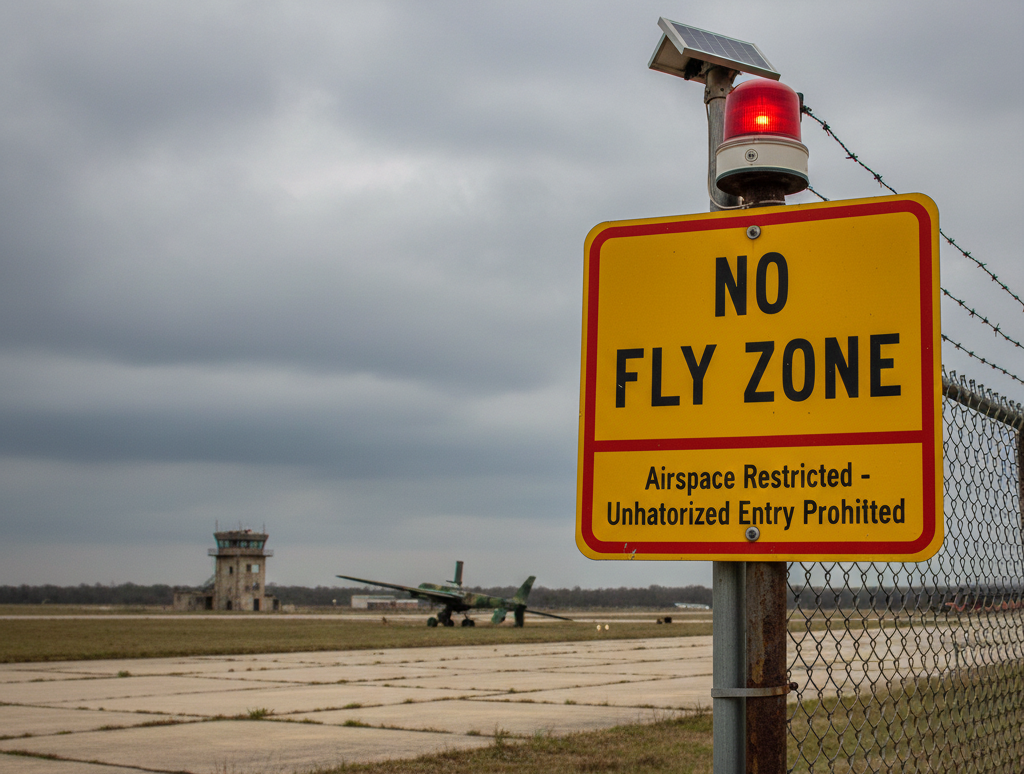
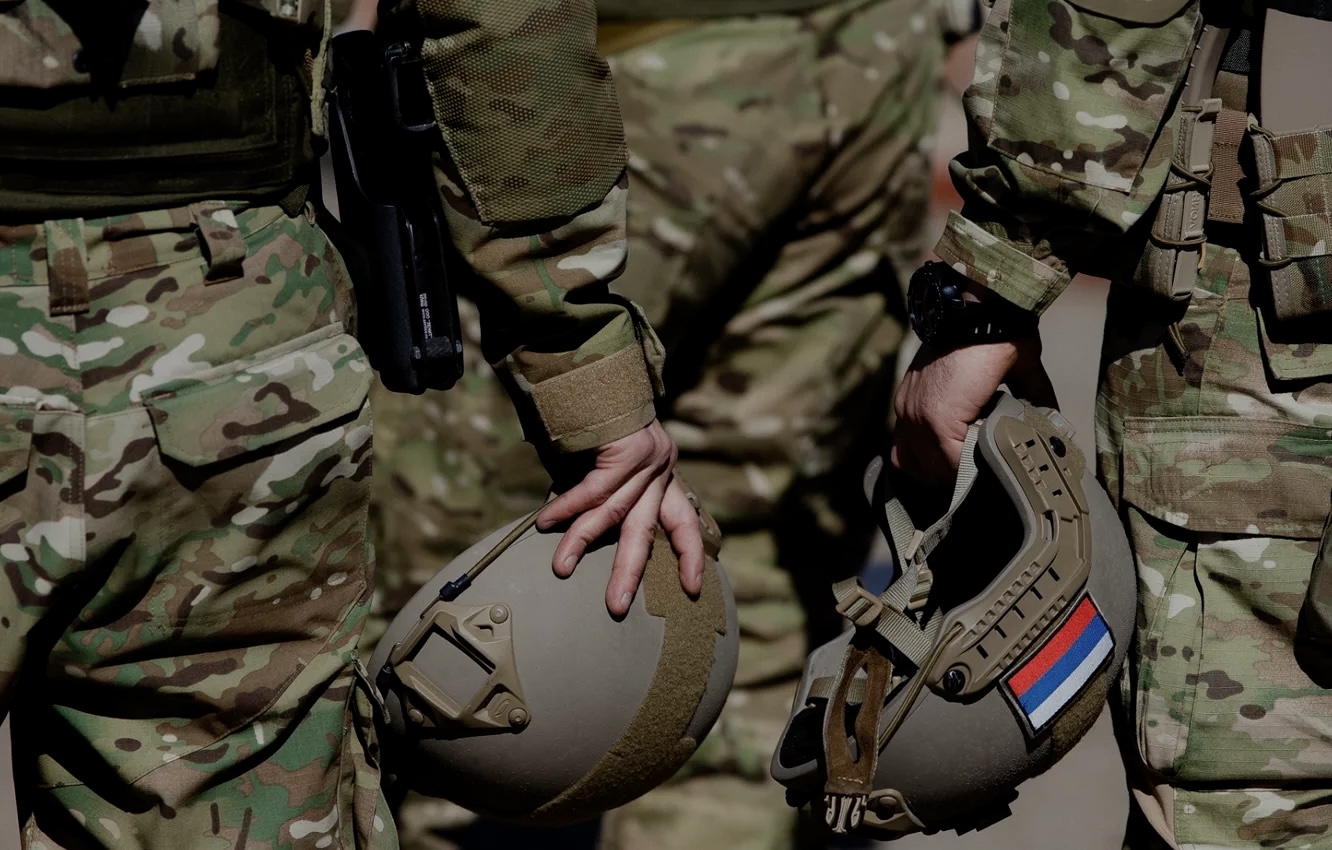

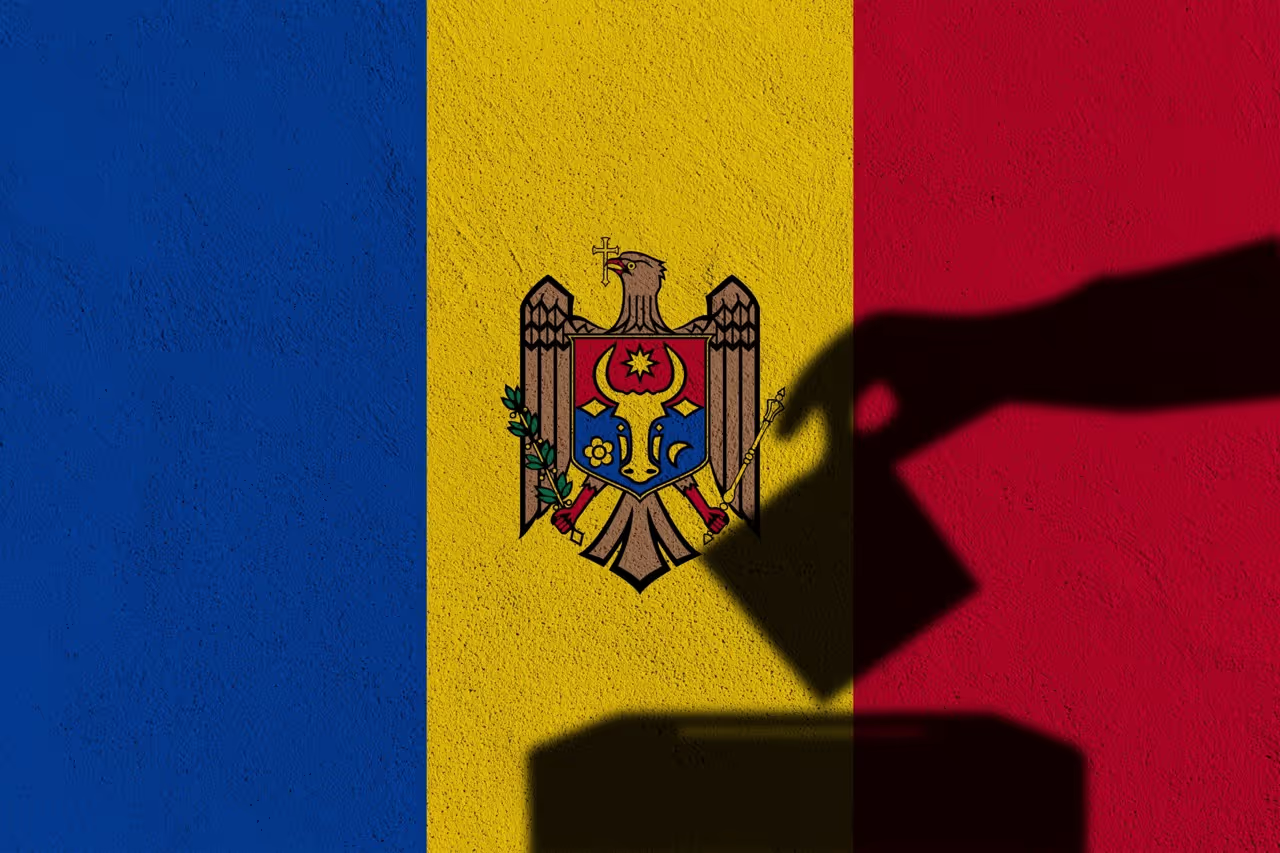
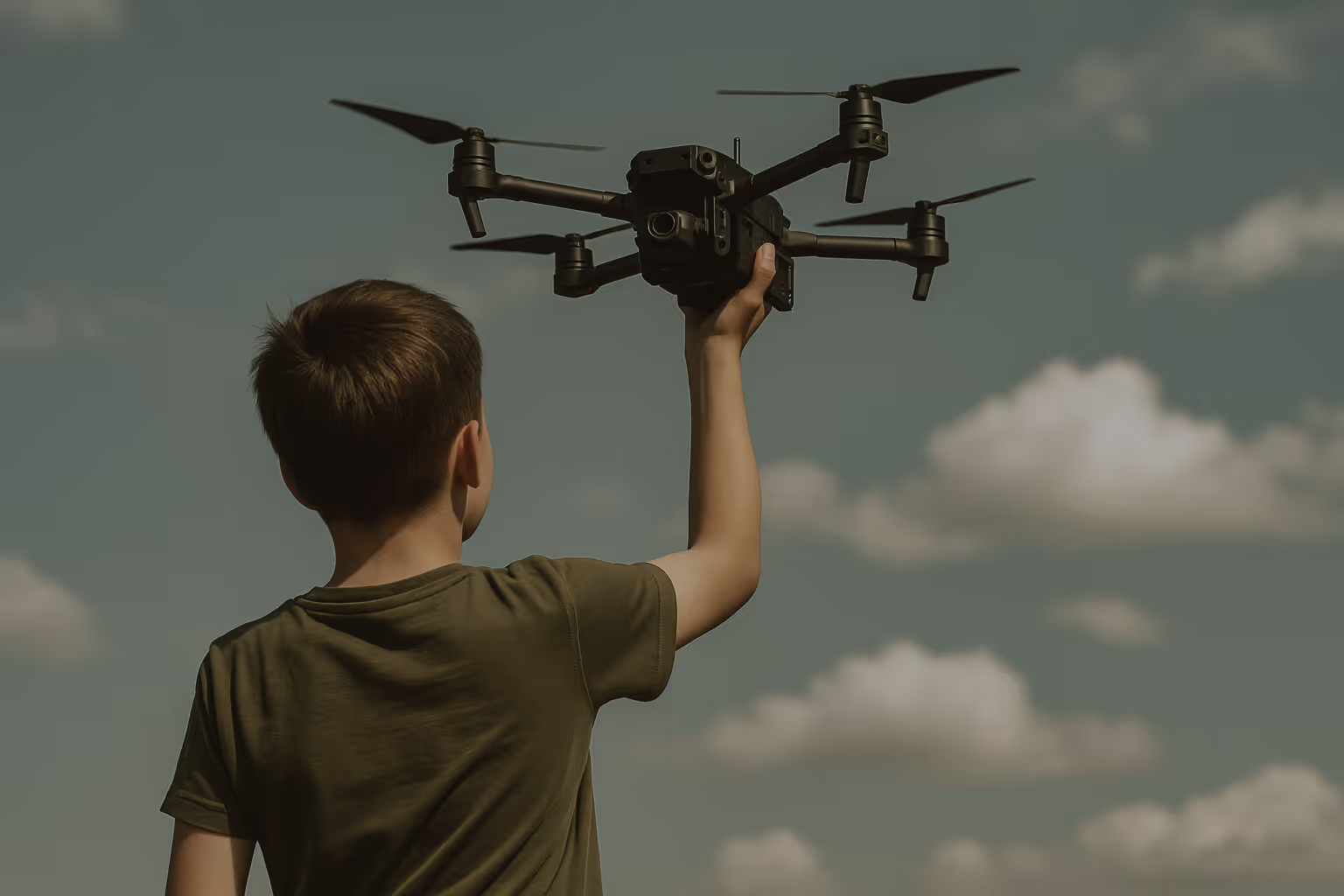
.avif)


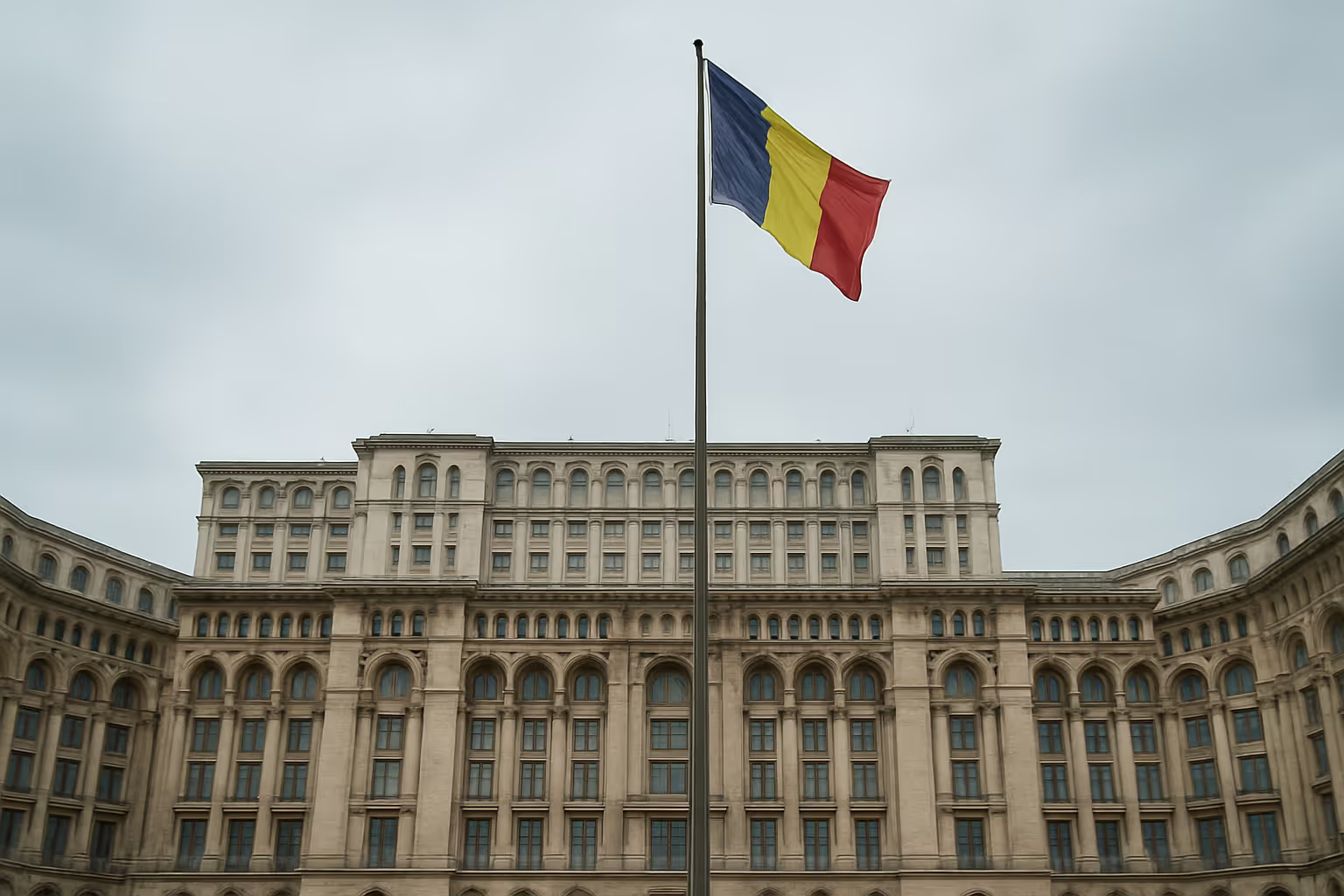
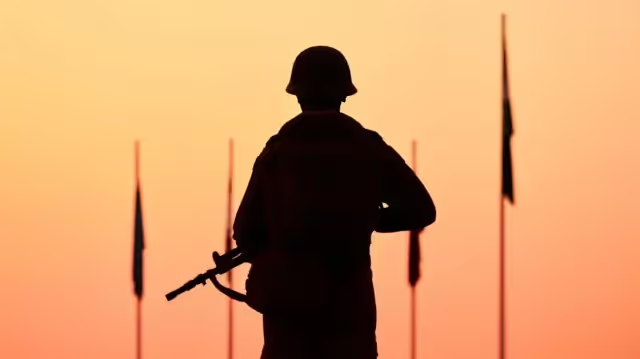
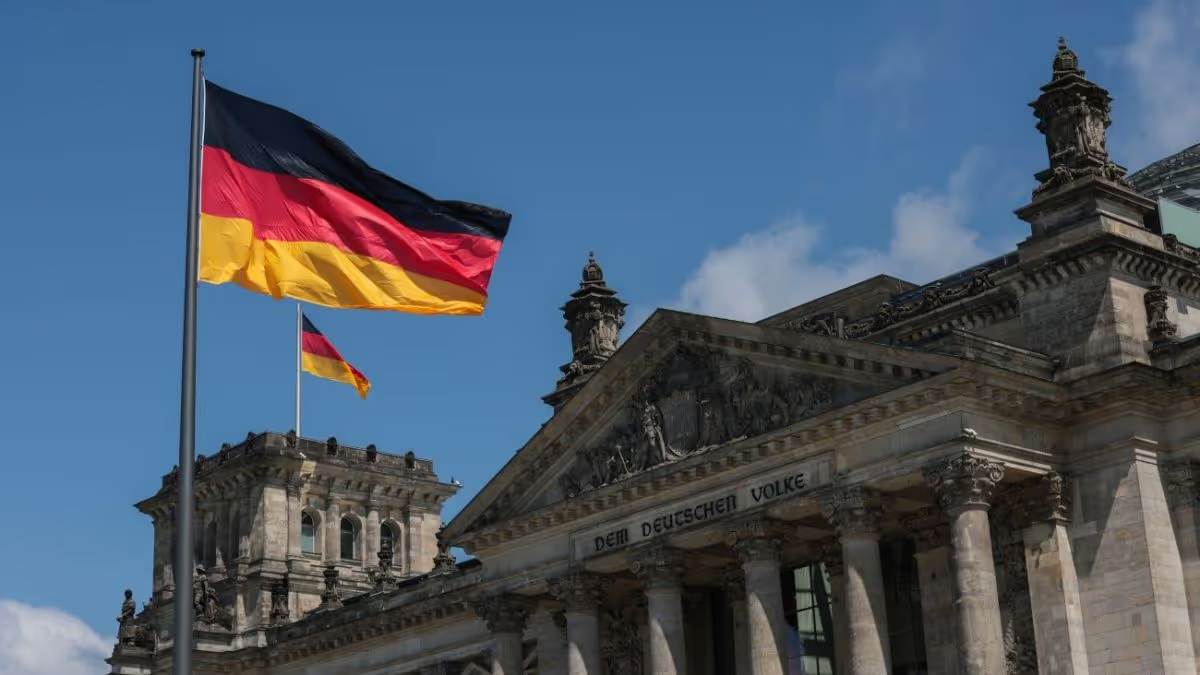
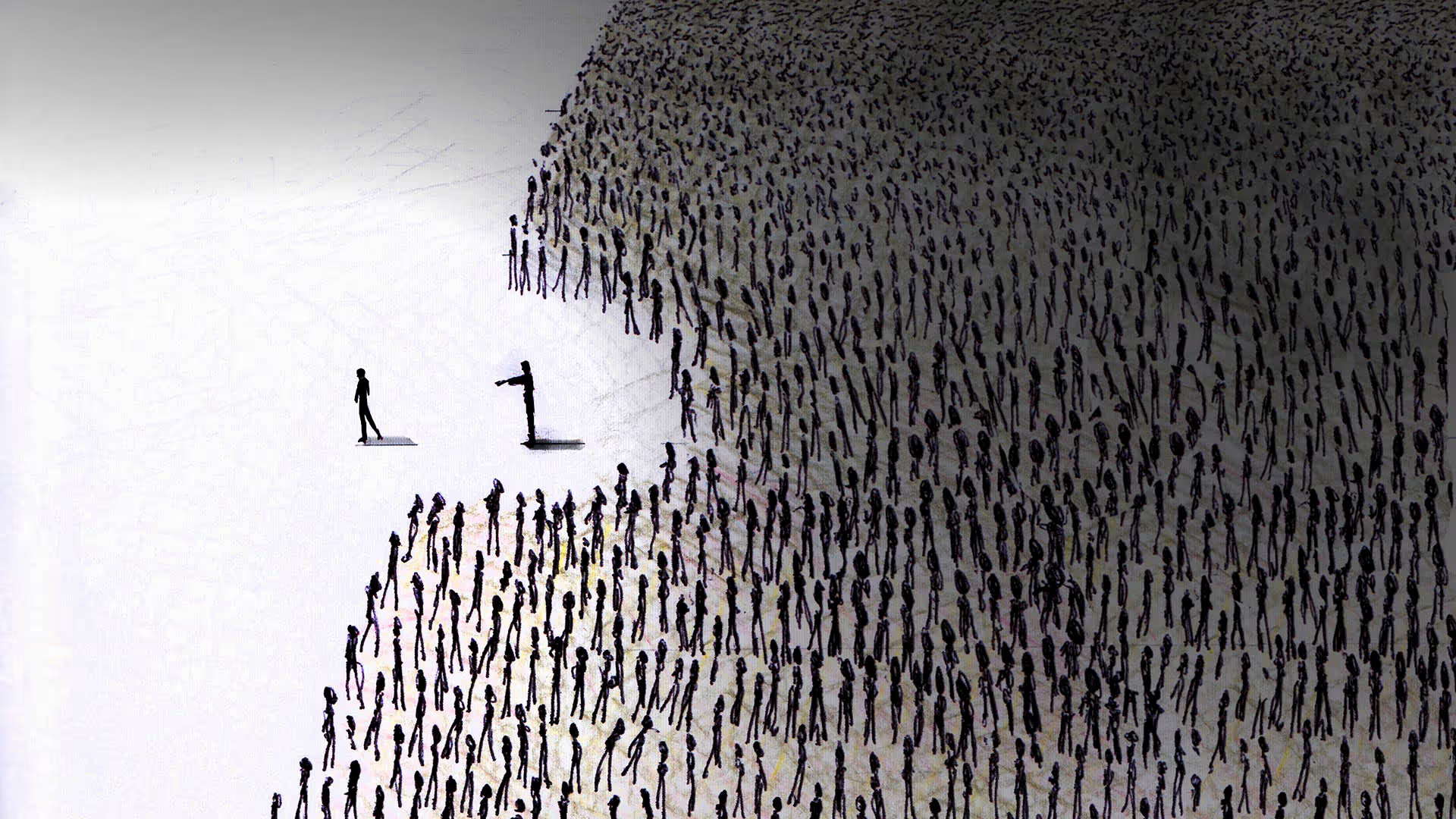
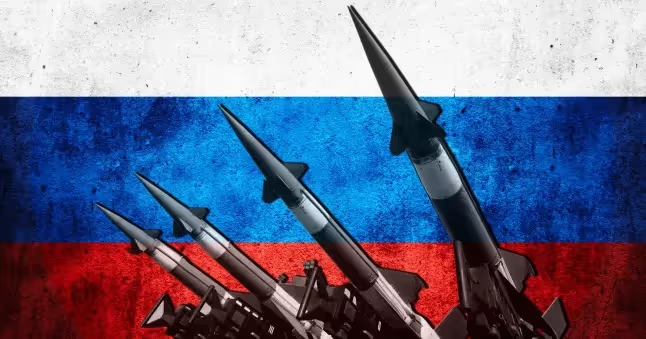
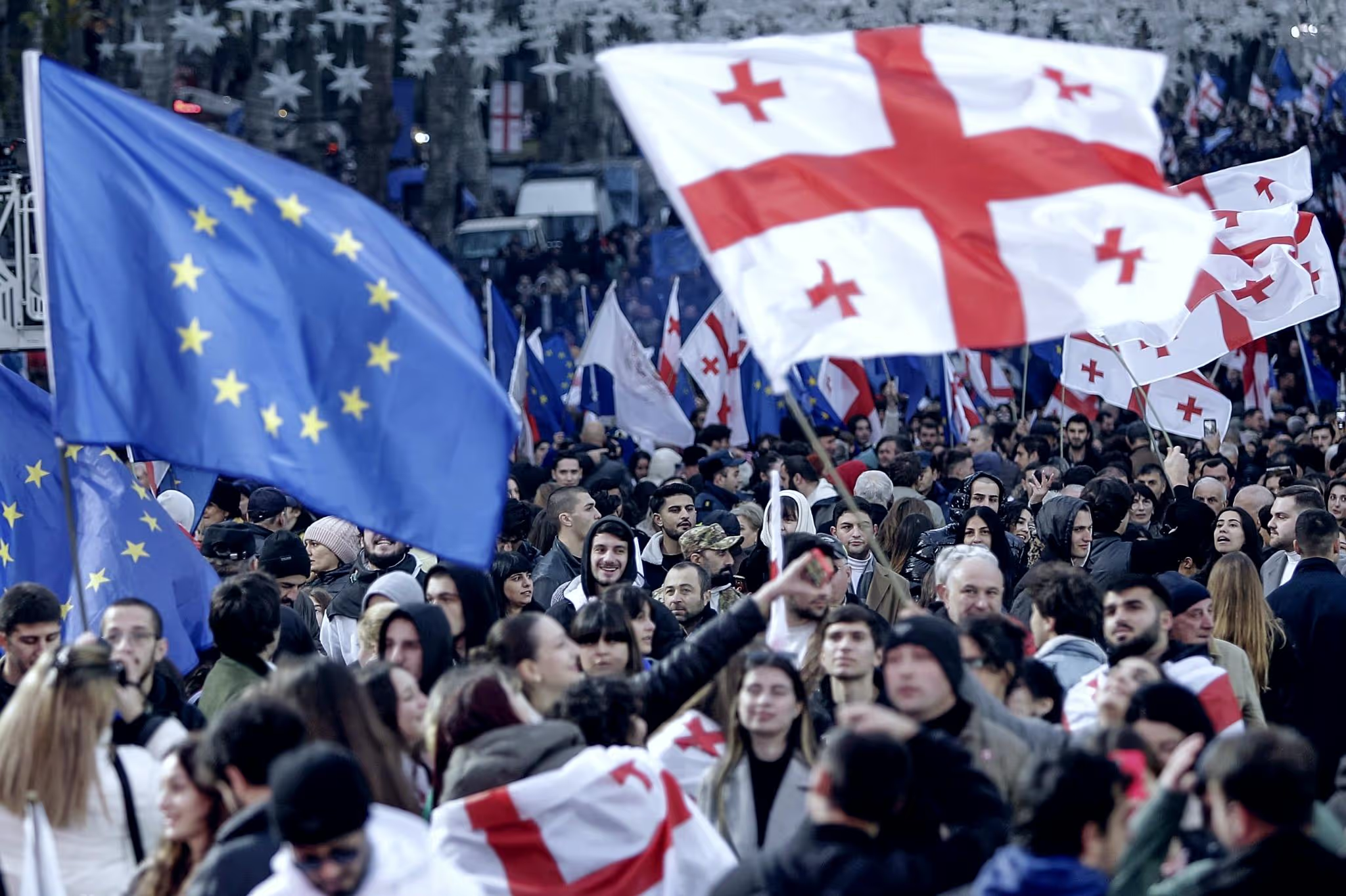
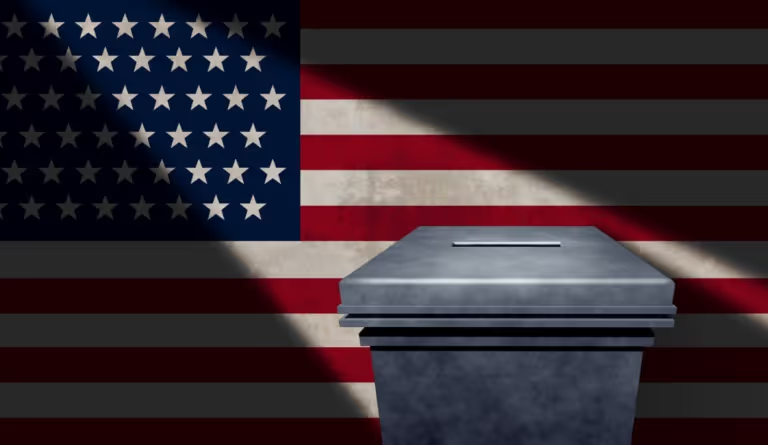



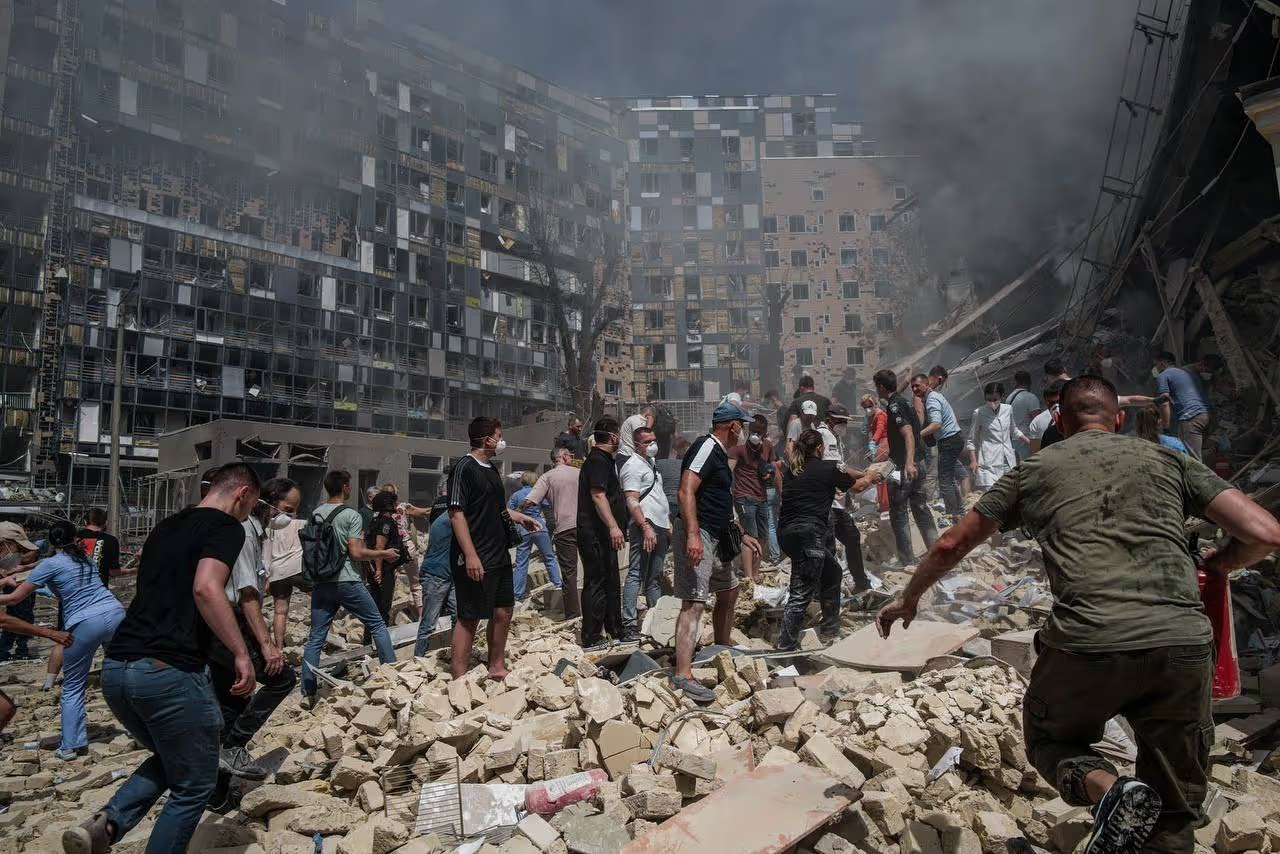

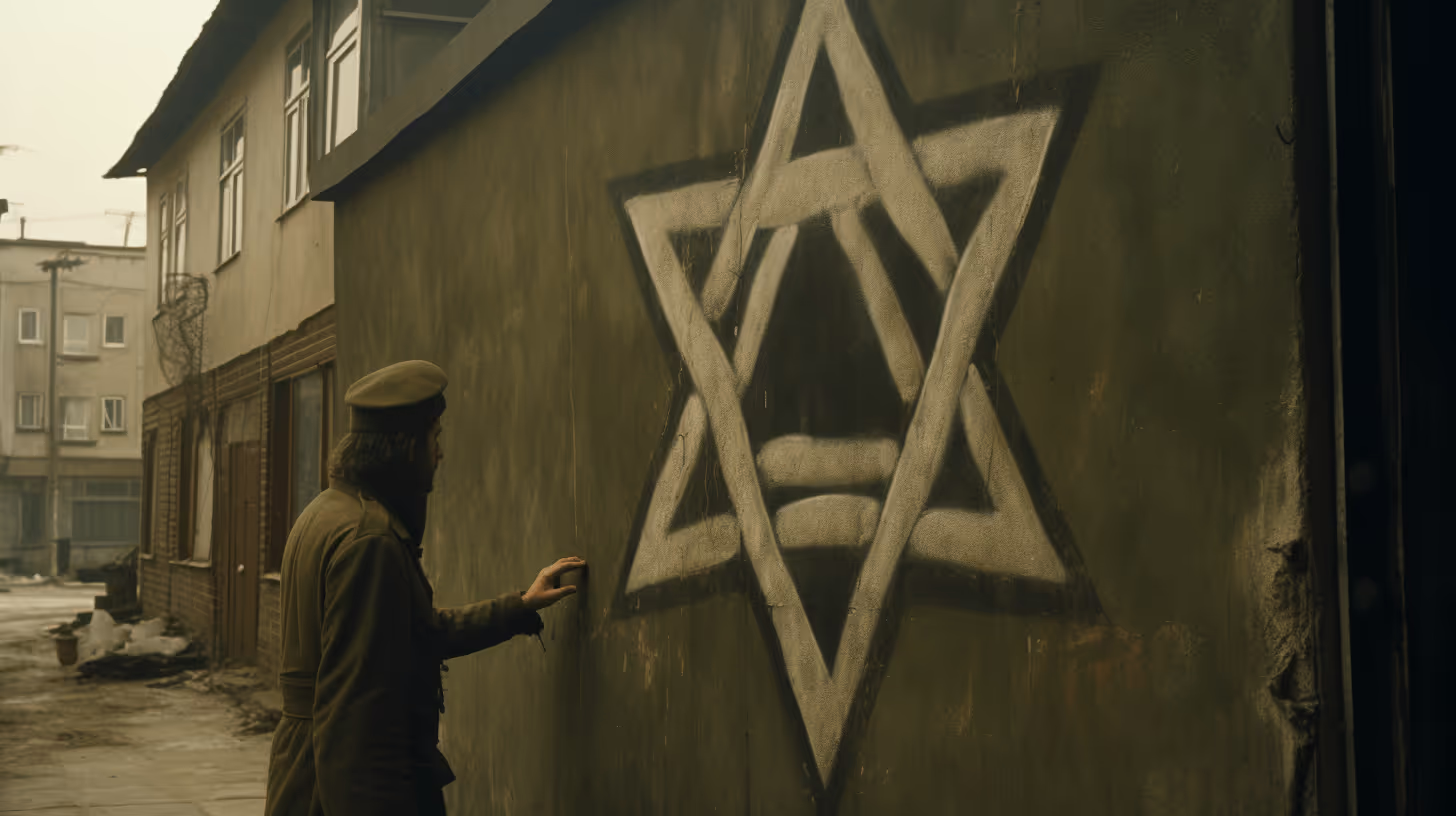
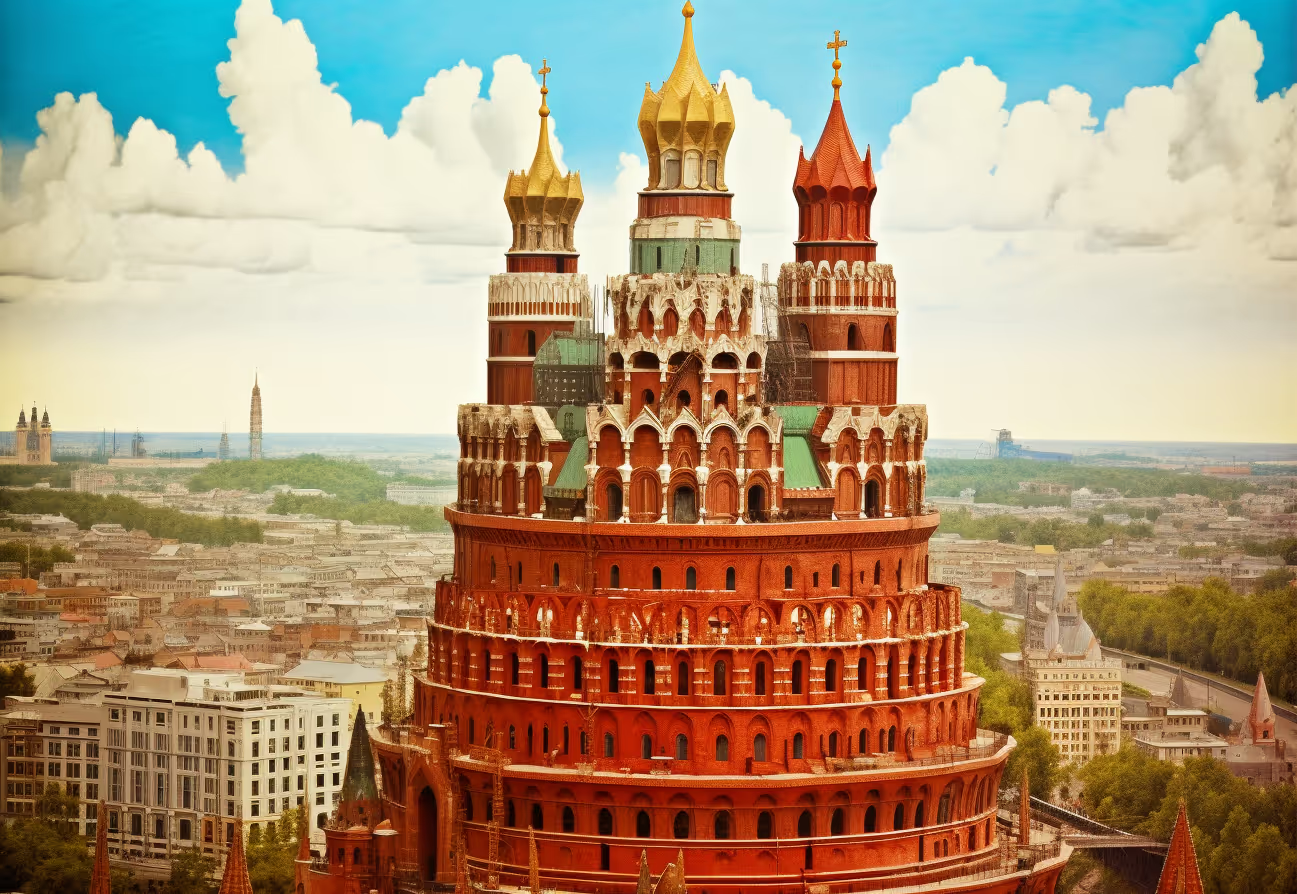
.avif)
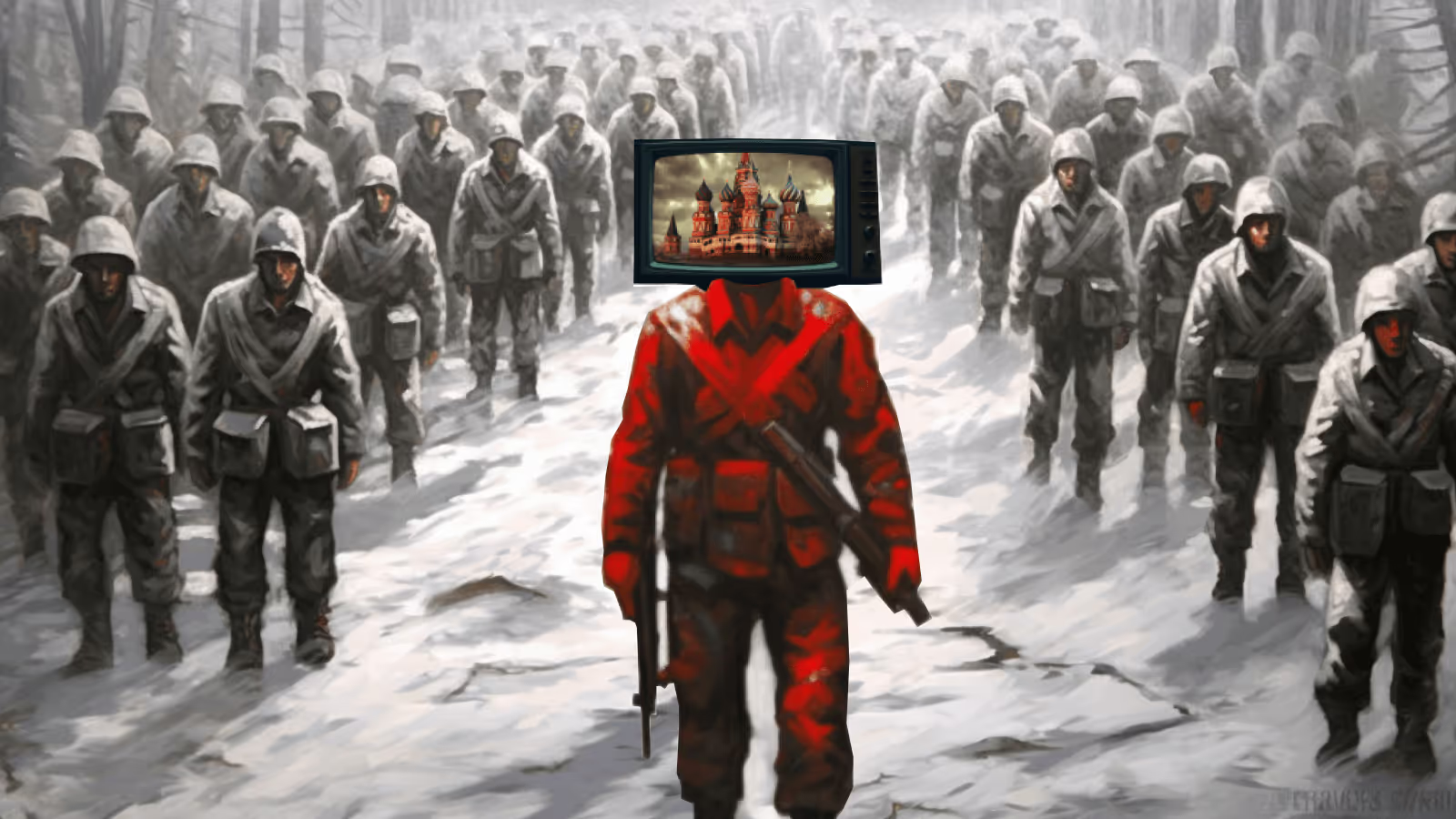
.avif)
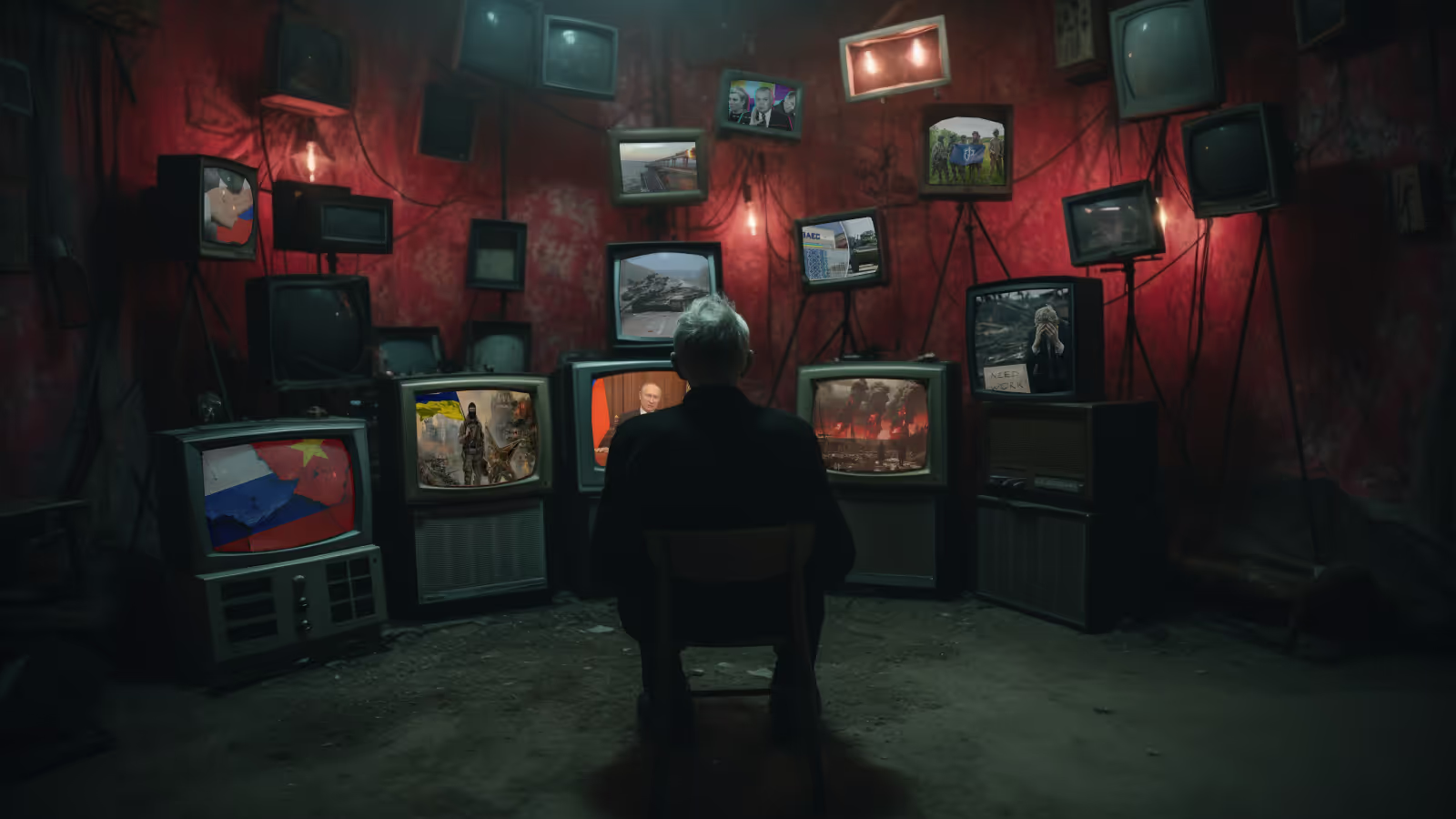
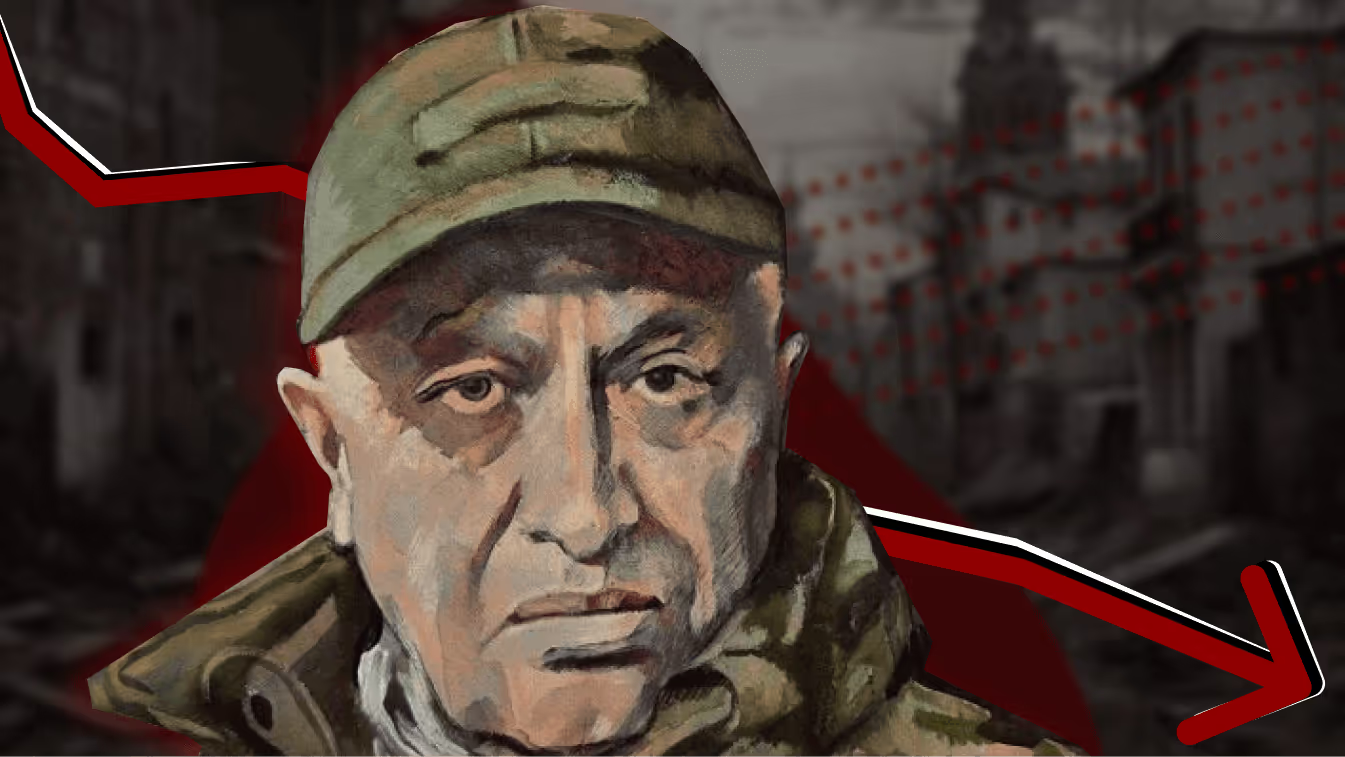
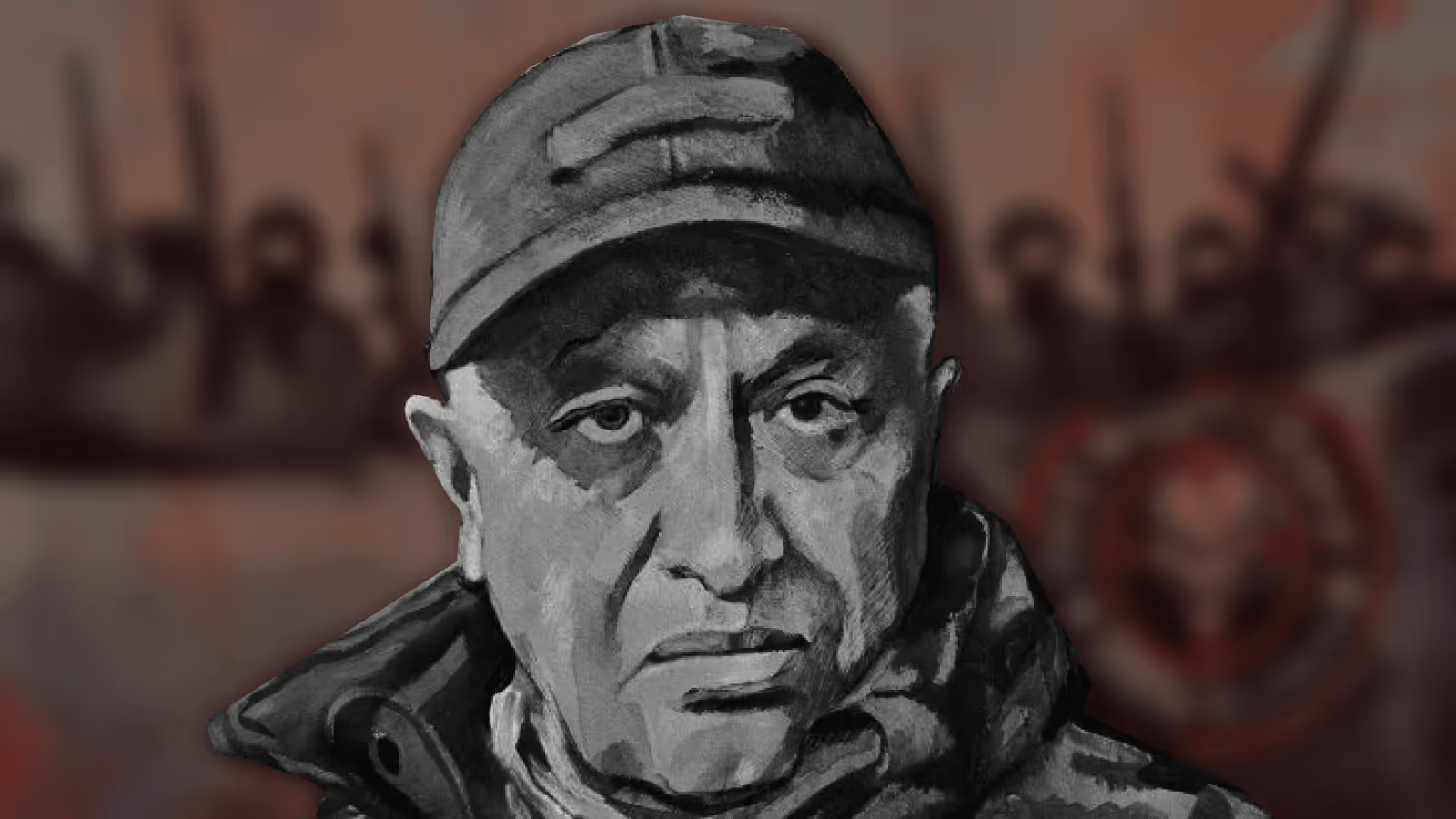
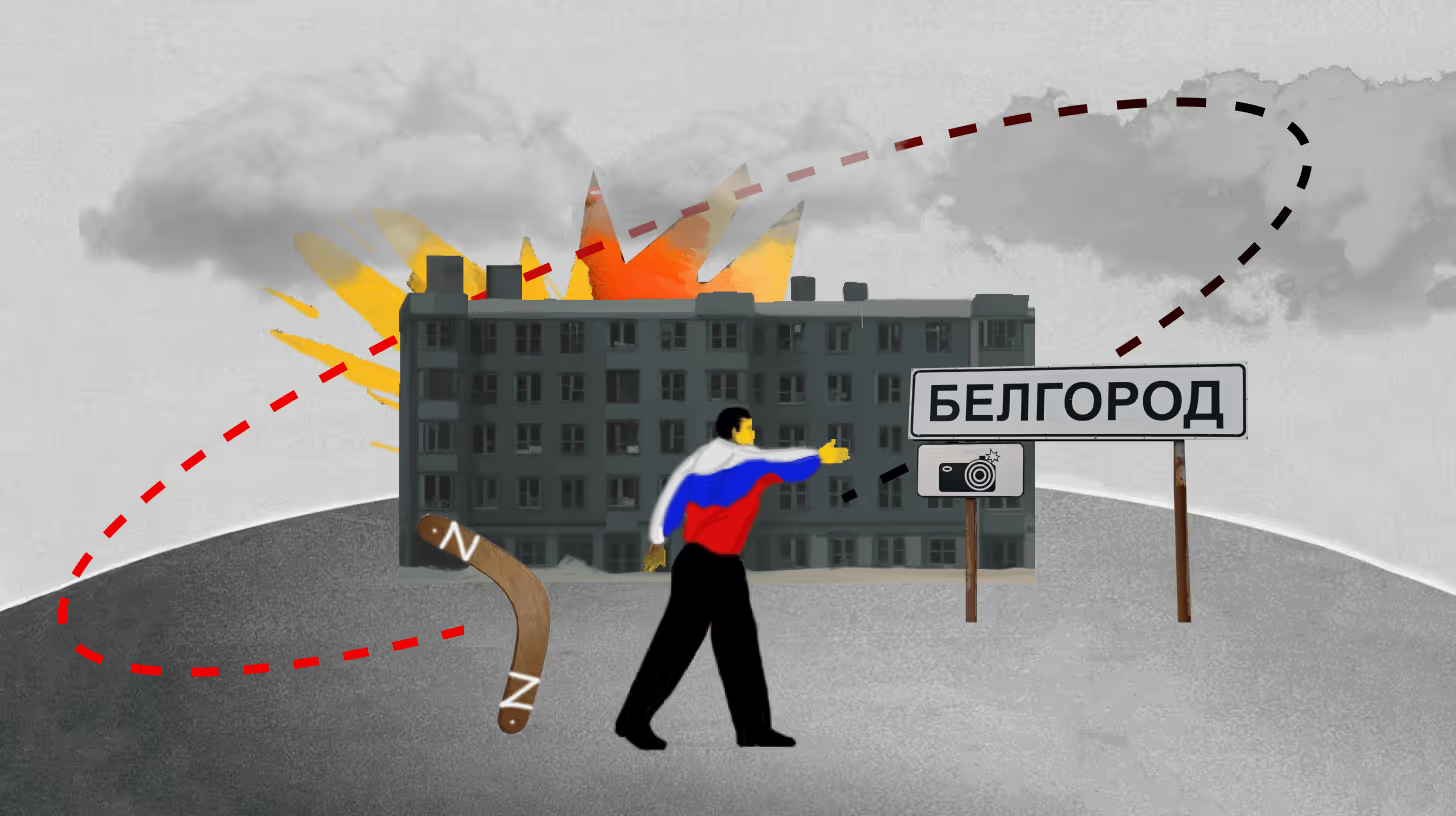
.avif)
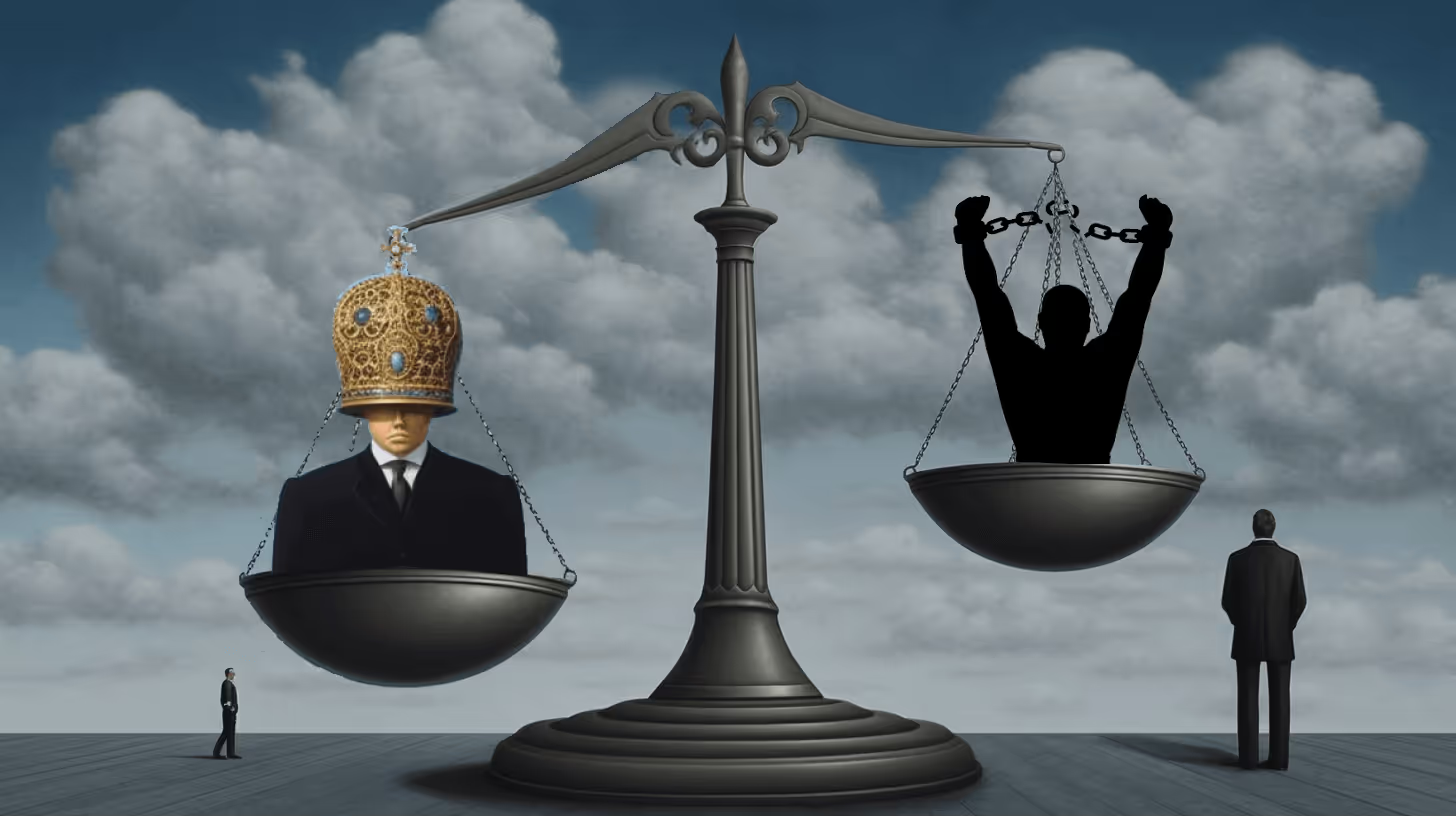
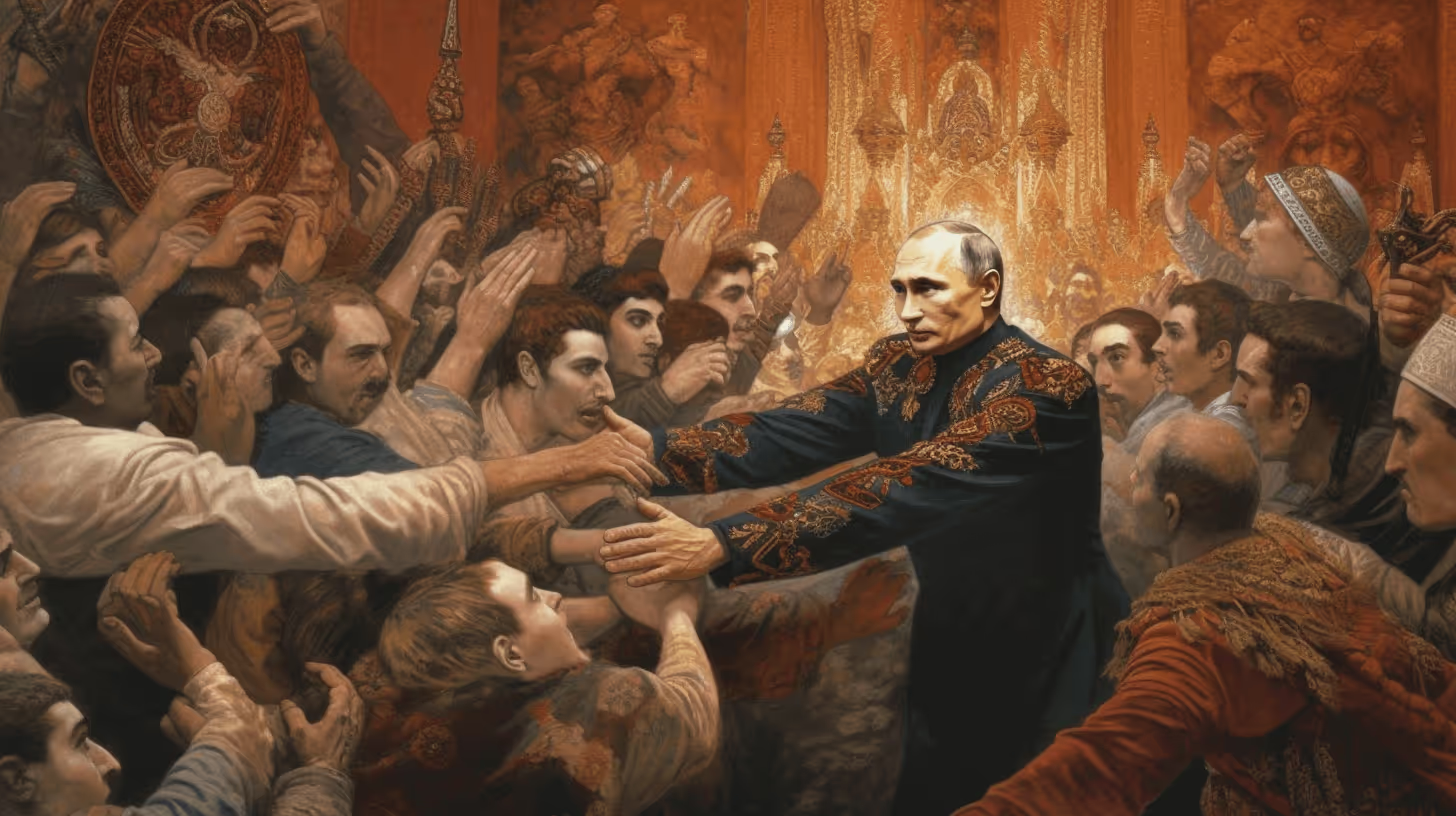
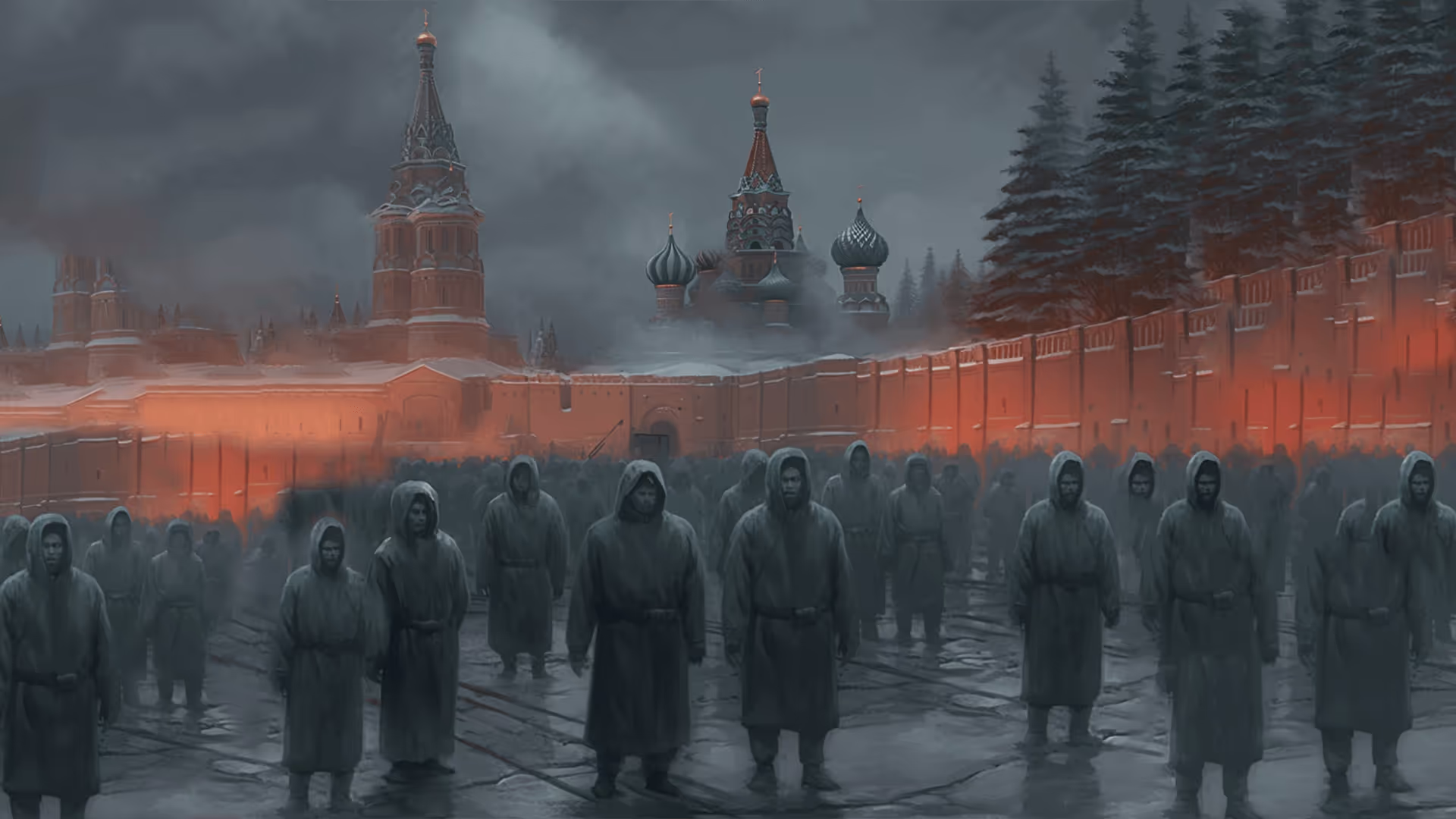
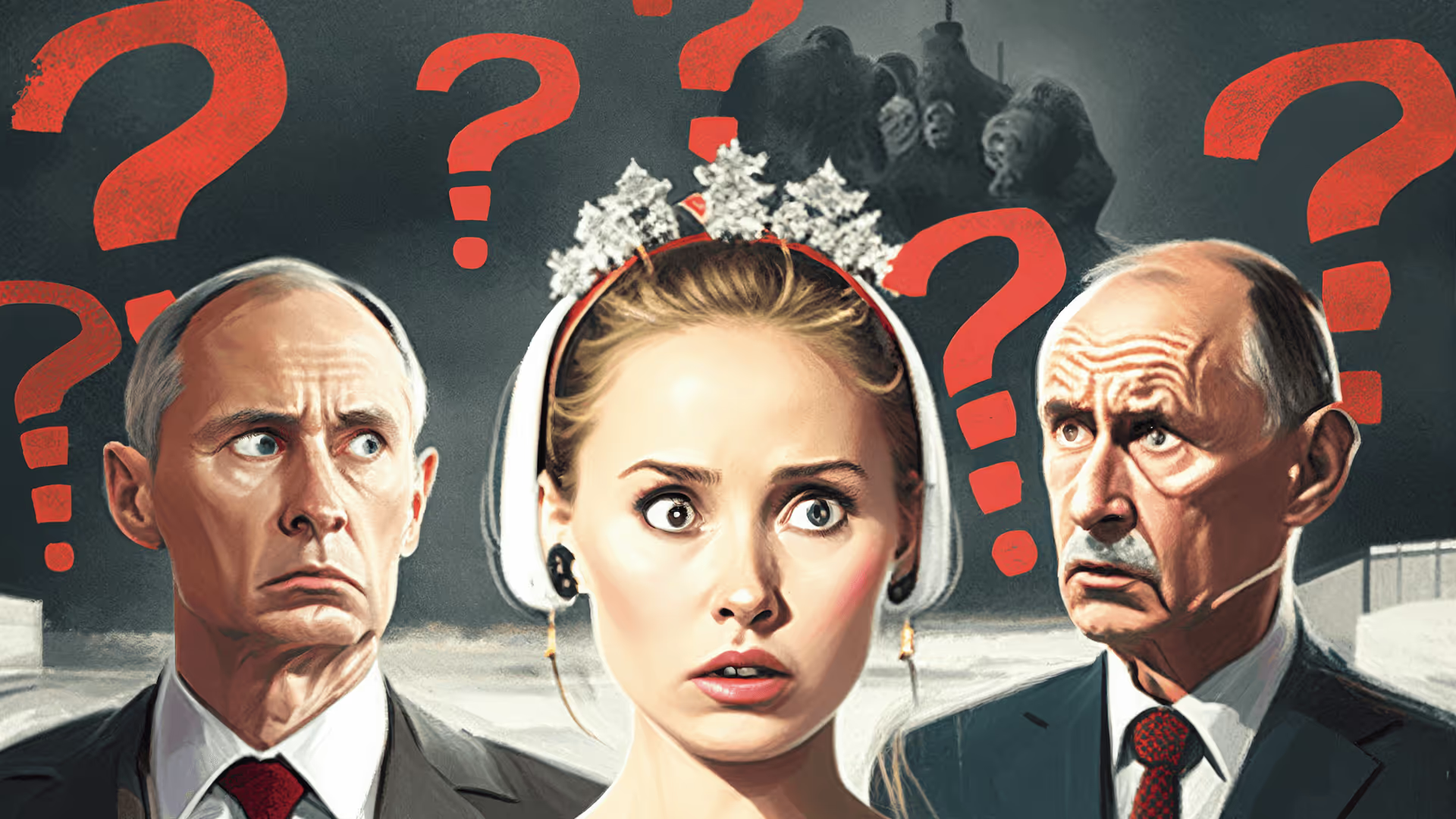
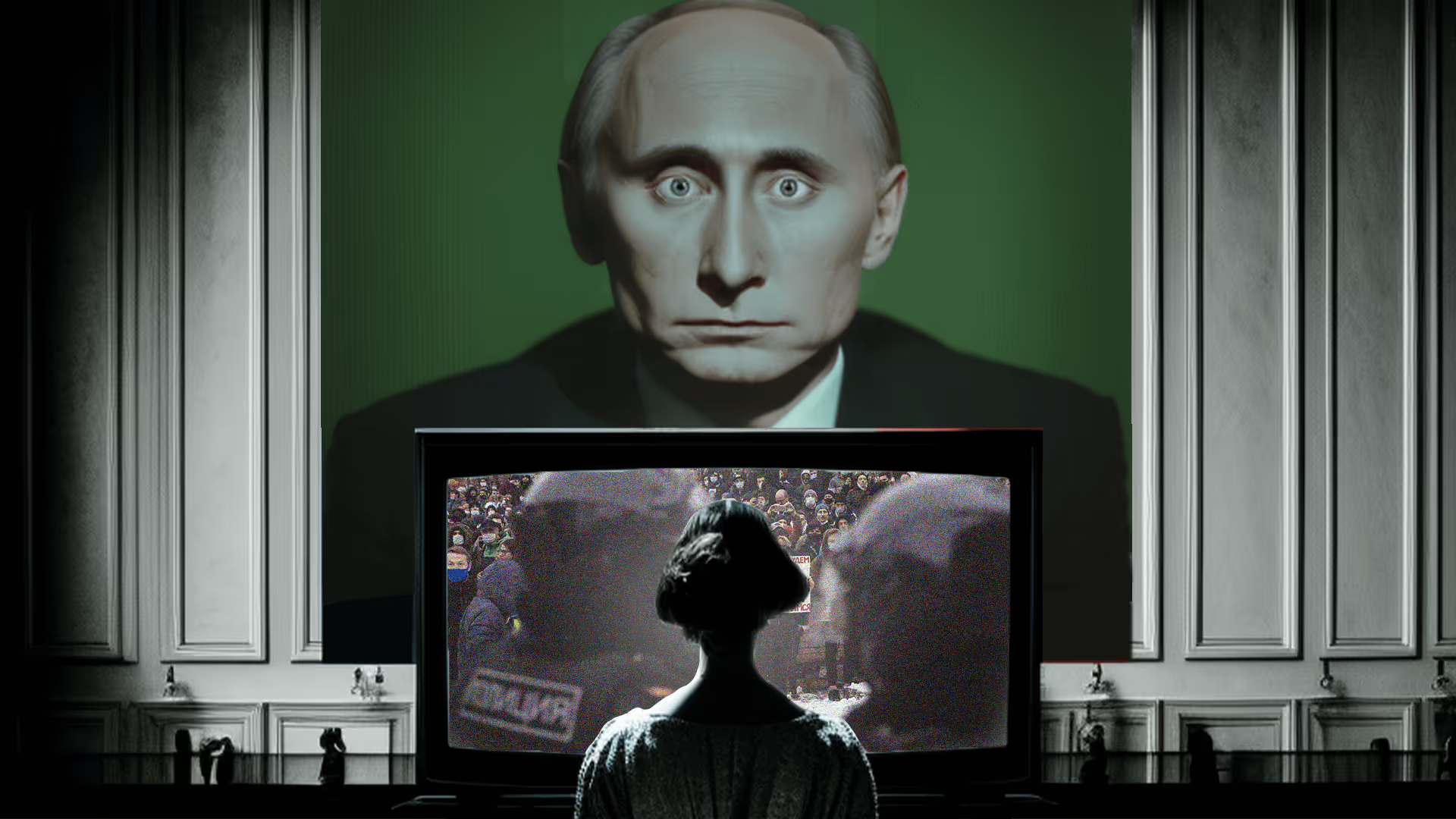


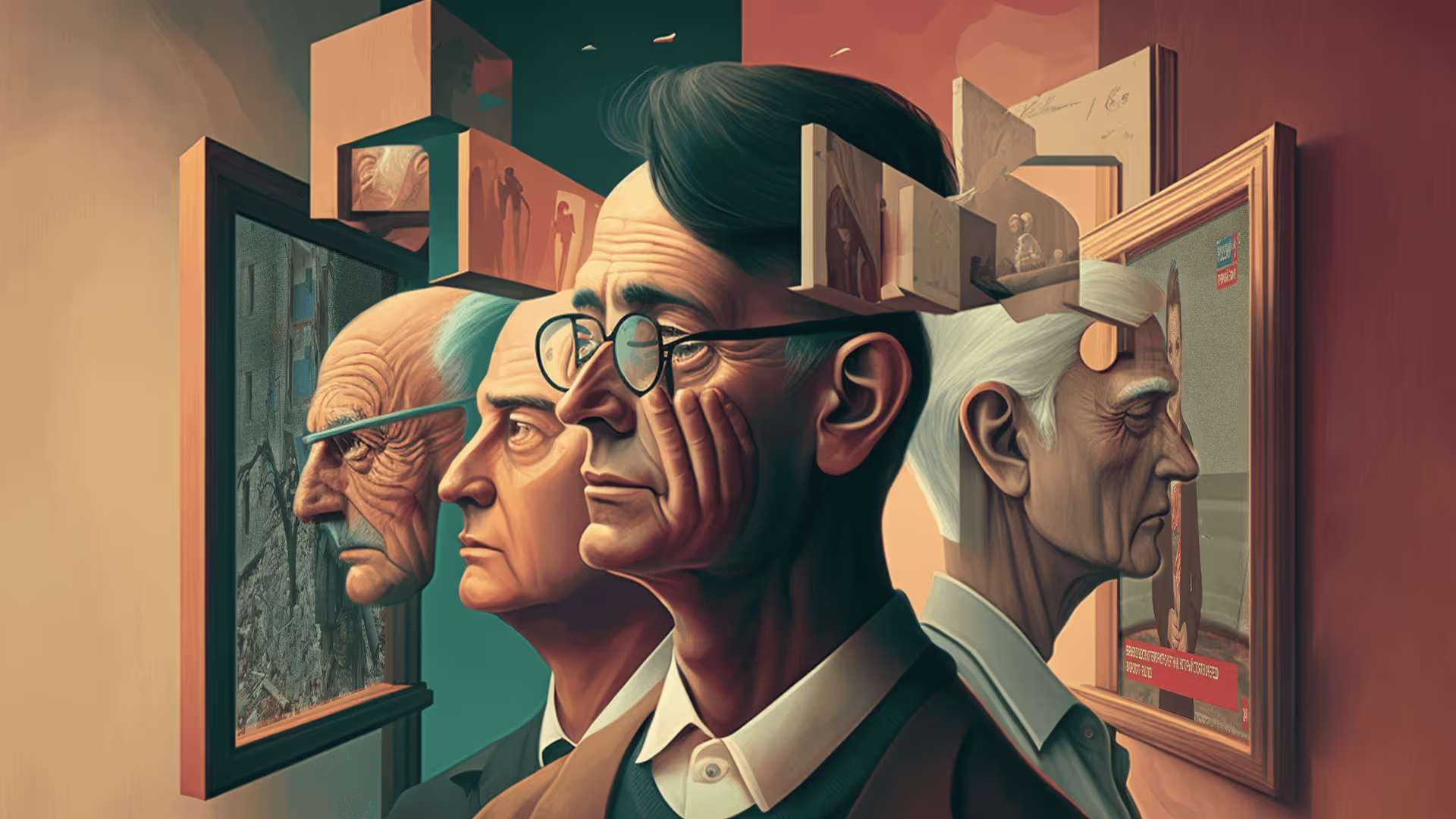
-01-2.avif)
-01.avif)
-01.avif)

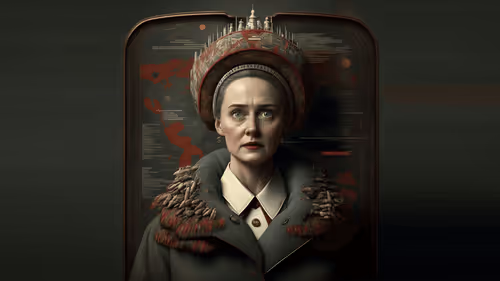


-01%25202-p-500.avif)







